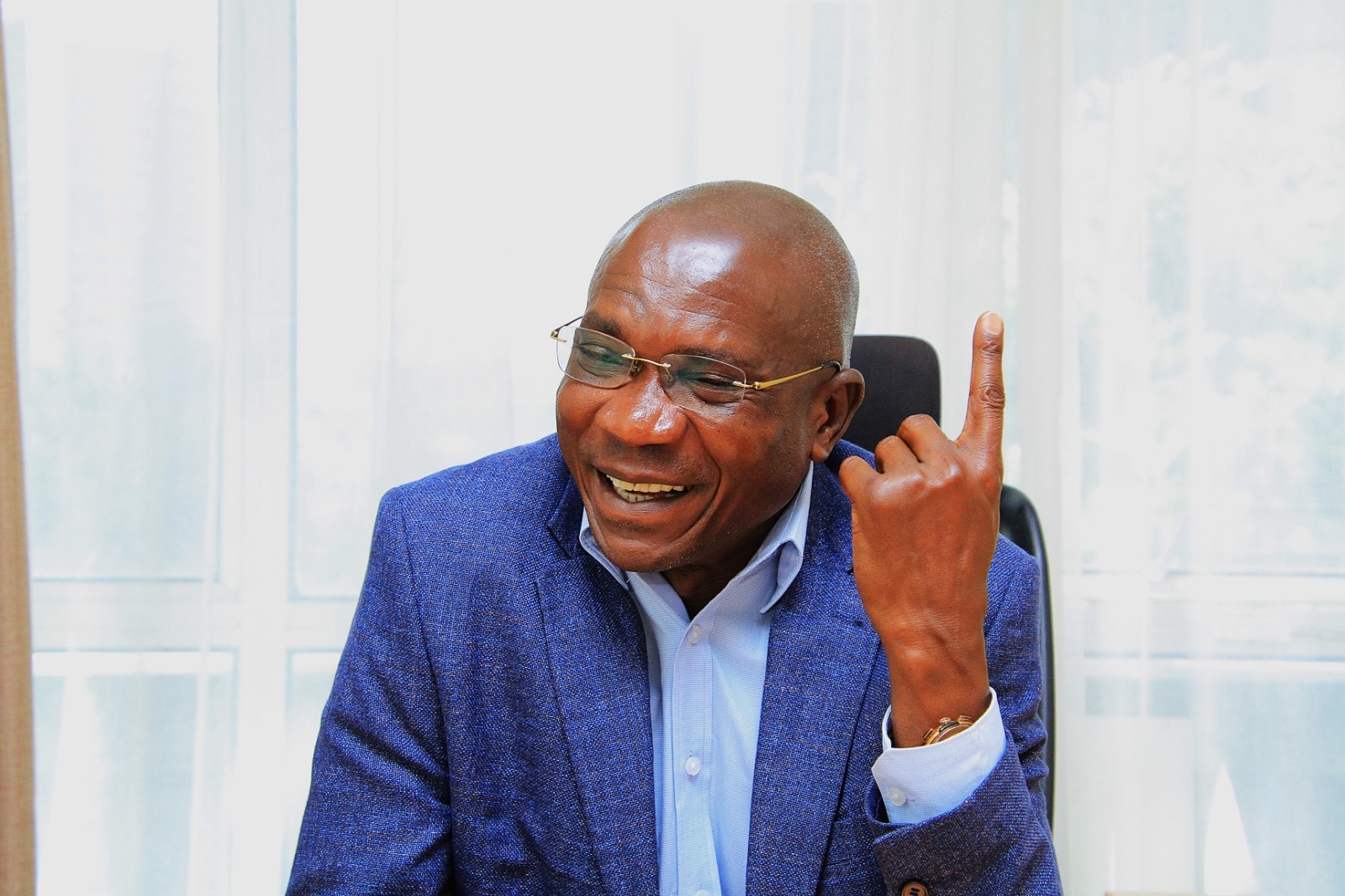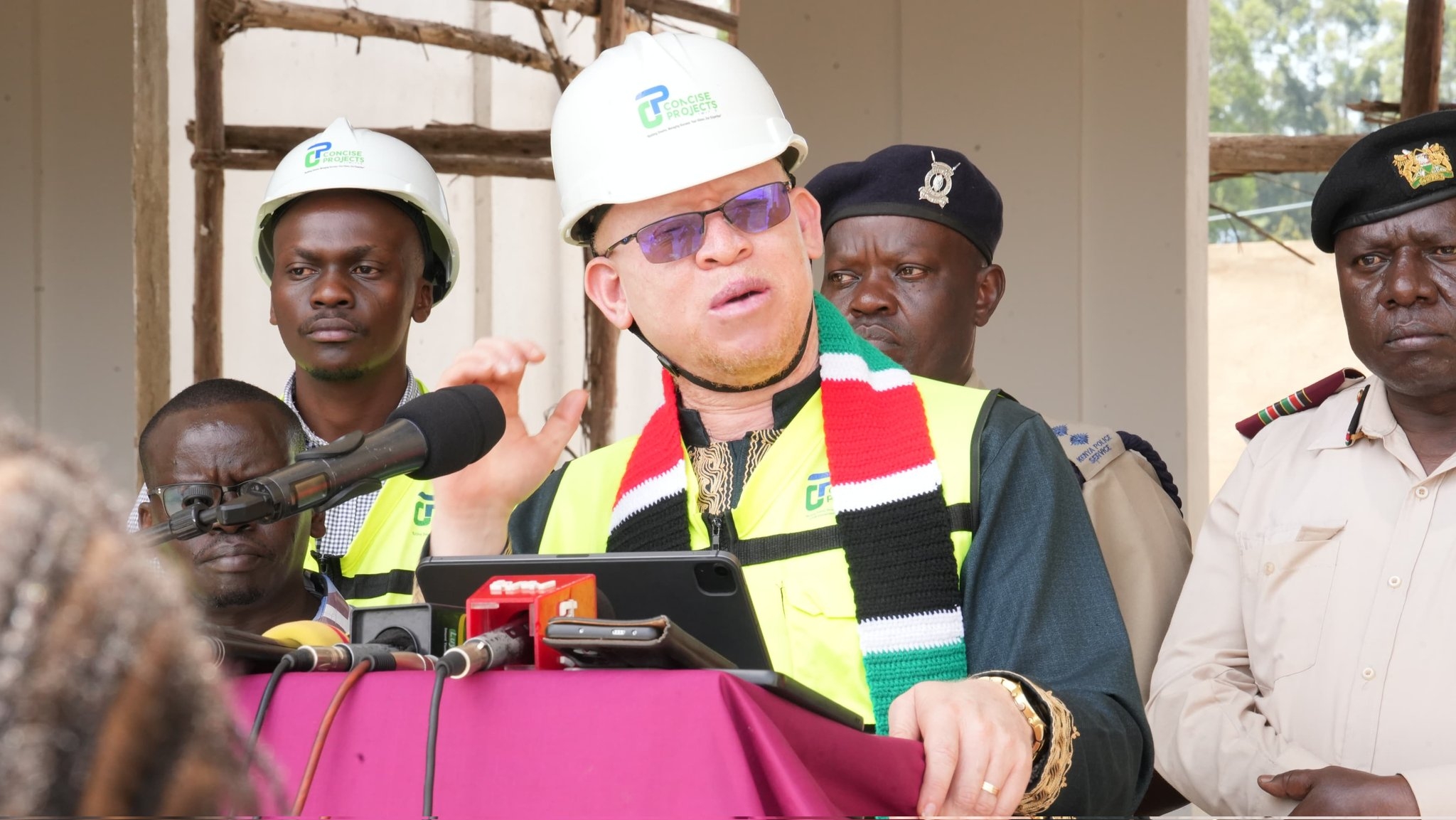A new investment is expected to help Africa-based vaccine makers adopt the new mRNA technology to produce vaccines for diseases such as TB and malaria on the continent.
The $40 million (Sh5.95 billion) investment by the Bill and Melinda Gates Foundation was announced by Bill Gates, the foundation’s co-chair, at the ongoing Grand Challenges Annual meeting in Dakar, Senegal.
The funding will support access to the mRNA technology, which is simpler than the traditional way of making vaccines.
This technology is considered a potential game-changer for a range of infectious diseases, including tuberculosis, malaria, and Lassa fever, which disproportionately affect people in low-income countries.
The foundation will specifically fund access to a mRNA platform developed by Belgian company Quantoom Biosciences, which it said can lower by more than half the costs of mRNA research and manufacturing.
Quantoom Biosciences will get $20 million to advance work on its mRNA manufacturing platform.
Senegal-based Institut Pasteur de Dakar (IPD) and Biovac in South Africa will get $5 million each to buy the technology.
The Gates Foundation will grant another US$10 million to yet-to-be-named vaccine manufacturers in low and middle-income countries.
To prevent infection by a virus, mRNA vaccines use messenger RNA (mRNA) to instruct the body to produce specific proteins called spike proteins. These proteins look similar to those of the virus, and this antigen triggers the body’s immune system to create specific antibodies that can fight off the real virus should the body become exposed.
“Putting innovative mRNA technology in the hands of researchers and manufacturers in Africa and around the world will help ensure more people benefit from next-generation vaccines,” said Dr Muhammad Ali Pate, Nigeria’s coordinating minister of health and social welfare and a global expert on vaccines.
“This collaboration is an encouraging step that will increase access to critical health technologies and help African countries develop vaccines that meet the needs of their people.”
This new funding builds on the foundation’s previous US$55 million investment in mRNA manufacturing technology.
“Expanding our capacity to discover and manufacture affordable mRNA vaccines in Africa is an important and necessary step towards vaccine self-reliance in the region,” said Dr Amadou Sall, CEO of IPD.
“We welcome this new funding, which will promote the development of lifesaving technologies on the continent while also contributing to global health security by expanding the supply and access to vaccines—allowing us to achieve greater health equity worldwide.”
Morena Makhoana, CEO of Biovac, said innovation is only transformative if it reaches the people who need it most.
“This collaboration will help close critical gaps in access to promising mRNA vaccines against diseases that disproportionately affect the world’s poorest. It will also assist us in our mission to establish end-to-end vaccine manufacturing capability at scale in Africa for global supply," Morena said in a statement.
The foundation said Quantoom’s modular mRNA technology addresses common bottlenecks in current mRNA research and manufacturing technologies, making it simpler and cheaper to use.
Quantoom’s platform could cut the cost of vaccine production by more than 50 per cent compared to traditional mRNA technology.
That same platform could also significantly reduce the need for deeply trained experts, which continues to be a barrier to vaccine production in Africa and elsewhere, while maintaining or even increasing the quality of the product, the foundation said.
“Expanding the availability of affordable, high-quality vaccines that meet the needs of local communities is one of the best ways to improve global health outcomes and reduce preventable deaths,” said Trevor Mundel, president of the foundation’s Global Health Division.
“By lowering barriers to access for low- and middle-income countries, we can help ensure more people around the world benefit from lifesaving health innovation.”

















